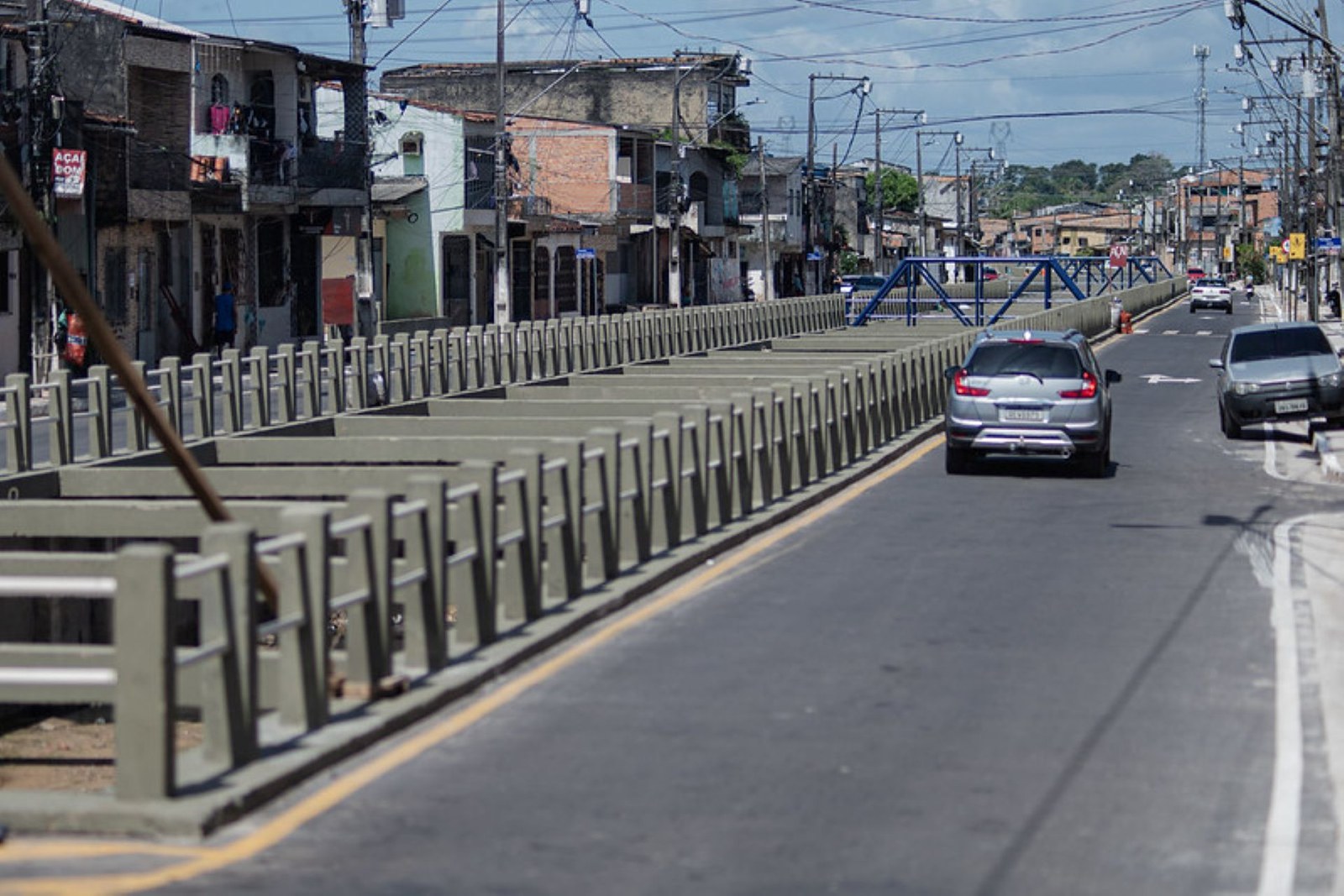U.N. approves security, mobility, and health plans for COP30
A United Nations delegation in Belém has given a positive assessment of the action plans presented by federal, state, and municipal governments

By Arthur Sobral/Governo do Pará
The United Nations Security Management System (UNSMS) has approved the comprehensive security, health, and mobility plans presented by Brasil’s federal, state, and municipal governments for the upcoming 30th United Nations Climate Change Conference (COP30), scheduled to be held in Belém this November.
From August 6 to 8, a dedicated UNSMS team of specialists conducted thorough inspections at COP30 venues, accommodations, transportation systems, and health and security facilities. The mission was designed to evaluate the city’s readiness to host the thousands of participants expected for the conference.
“It is gratifying to see the approval of our collective effort. Hearing the U.N. commend and approve the security, health, and mobility plans, praising all the actions presented. All this is the result of the integrated work we have built—the Government of Pará, the Federal Government, and the Municipality of Belém—so that in November we can deliver the best COP30 ever, with organization and safety for all participants,” said Vice Governor Ms. Hana Ghassan.
Security, health, and mobility agencies from the federal and state governments, alongside the Belém City Hall, participated in the meetings. Each agency presented its action plans, both individually and jointly, with its respective counterparts in the three spheres. The following agencies are working together in the field of public security.
The Federal Police (Polícia Federal/PF), the Federal Highway Police (Polícia Rodoviária Federal/PRF), the Institutional Security Office, the Brazilian Army, the Pará Public Security and Social Defense Secretariat (Segup), and the Belém Security Secretariat (Segbel). More than 10,000 agents and military personnel will be mobilized for the event.
Public Health
The Ministry of Health (Ministério da Saúde/MS) and the Pará State Health Department (Sespa) outlined the healthcare network, including Hospital Abelardo Santos, Augusto Montenegro Emergency Room, Hospital das Clínicas, and Hospital da Mulher, in addition to private facilities near Parque da Cidade and Porto de Outeiro. The Mobile Emergency Care Service (SAMU), under Belém’s municipal administration, will implement specific protocols to ensure a fast and high-quality response for residents and participants.
According to Ms. Nilza Oliveira, project director at the Federal Government’s Special Secretariat for COP30, the conference in Belém will have unprecedented logistics compared to previous editions. She said hosting the world’s largest climate discussion in the heart of the Amazônia represents a paradigm shift and could help secure a strong climate agreement among the 196 parties in November.
“This COP is unique because we are discussing climate change inside a biome that is essential to our survival. Bringing COP to the heart of the Amazônia, in the city of Belém, truly represents a significant break from the paradigm that has shaped recent editions of the conference,” Ms. Oliveira said.
Urban Mobility
The Federal Government presented the COP30 mobility plan to the U.N. mission, covering the transport of delegates staying at Porto de Outeiro to the main conference venue, the Blue Zone. The plan includes more than 240 buses with exclusive routes to Parque da Cidade, in addition to Belém’s regular fleet. For Porto de Outeiro, approximately 100 vehicles will be allocated to transport around 5,000 participants staying on cruise ships.
The plan also details traffic control measures for the main access roads to Parque da Cidade, including checkpoints, accreditation for government and private vehicles near the Blue Zone, and the movement of motorcades for heads of state, including Brazilian President Luiz Inácio Lula da Silva.
The UNSMS approval confirms the coordinated effort among federal, state, and municipal authorities—built on early planning, operational integration, and clear definitions of routes, teams, and protocols. With reinforced public security, a hospital network prepared for rapid response, and a mobility system designed with exclusive routes and traffic control, COP30 is set to be a safe, organized, and welcoming event. It is expected to leave a legacy of expanded institutional capacity, stronger intergovernmental cooperation, and lasting improvements for the people of Belém.
